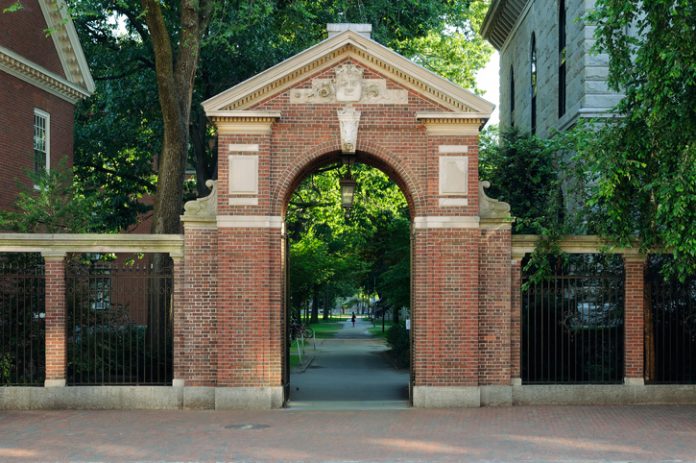In October of last year, we argued at Deseret News that Harvard and other institutions of higher learning should adopt institutional neutrality, refusing to make statements on the political controversies of the day. This week, Harvard finally made the right decision. Following the creation of a working group in April, the university released a report that commits the institution and its leadership to never “issue official statements about public matters that do not directly affect the university’s core function.”
Like the University of Chicago’s pathbreaking Kalven Report, Harvard’s “Report on Institutional Voice in the University” carves out an exception to the rule. The university and its leadership can make statements when their autonomy and academic freedom are threatened, such as by outside actors seeking to dictate “what students the university can admit, what subjects it can teach, or which research it supports.”
While this exception is prudent and largely makes sense, potential for abuse is ripe. Harvard leadership and board members should be on guard against future administrations using this provision as a loophole by which they can evade their commitment to institutional neutrality. The bar for releasing statements on contemporary political debates should be incredibly high.
That said, this decision deserves applause. By freeing itself from endless bloviation on the political issue de jour, Harvard (and any other colleges that follow suit) may focus time, resources, and attention on more important things. The core function of universities is the pursuit of truth, which is vitally connected to the free practices of researching, teaching, and learning. Upholding this core function—and making sure that every aspect of the university’s operations are conducive to this end—should always be the priority.
Recent protests on campus have laid bare that many college leaders are genuinely confused about what exactly colleges are for. Why do students attend universities in the first place? For the overwhelming majority of students and families, higher education is primarily about acquiring knowledge and skills, not activism. The students we all watched on the news this spring playing hooky on the campus quad for the sake of political protest are a very loud but small minority of Americans seeking education after high school.
In recent months, much public attention has been paid to the students using institutions as platforms for their political views, especially following the Hamas attacks on Israel and the ongoing conflict. This highlights a related failure of the higher education sector. It has evolved into a collection of entities offering students a platform on which to project their own ideas rather than as a set of institutions designed to shape students according to a predetermined mission. Institutions should be formative, rather than platforms for political performance. Universities should be in the news more often than not because of their contributions to our corpus of knowledge; because of the intellectual accomplishments of their professors and students. Student free expression has its place and should be amply protected, no doubt. But student self-expression is expressly not the university’s core function.
The purpose of the university is the pursuit of truth, and this pursuit ought to be untrammeled by undue constraints on academic inquiry. When universities release statements on passing political controversies, they place their weight on the scales of their scholars’ academic pursuits.
University leaders intent on going the same way as Harvard and the University of Chicago should think critically about how they can rededicate their institutions to their missions. Such solutions will vary by school, but most will involve a recommitment to doing their job of researching important questions, teaching students well, and ensuring that students learn the material in front of them.
There has never been a better time for universities to come to terms with themselves. Smart college leaders will work hard to resolve their identity crises. The less wise will refuse reform at their own expense.
Originally published by the American Enterprise Institute. Republished with permission.
For more great content from School Reform News.
For more from The Heartland Institute.








